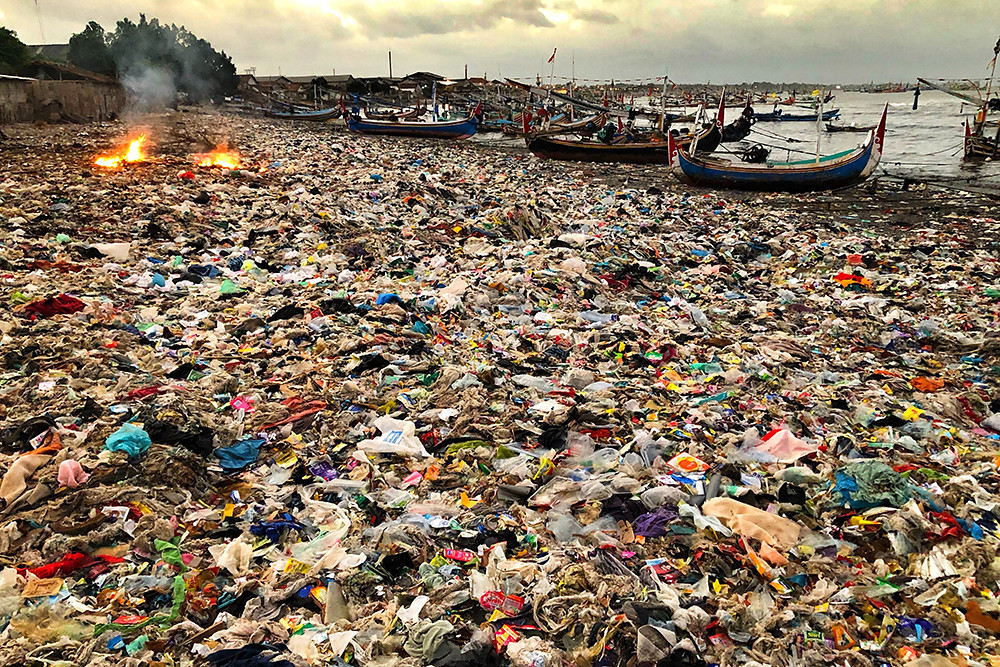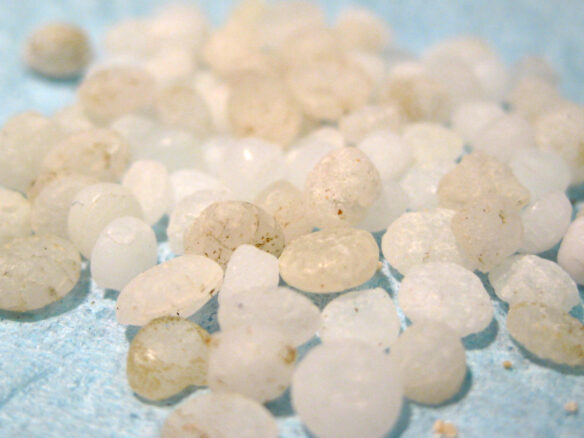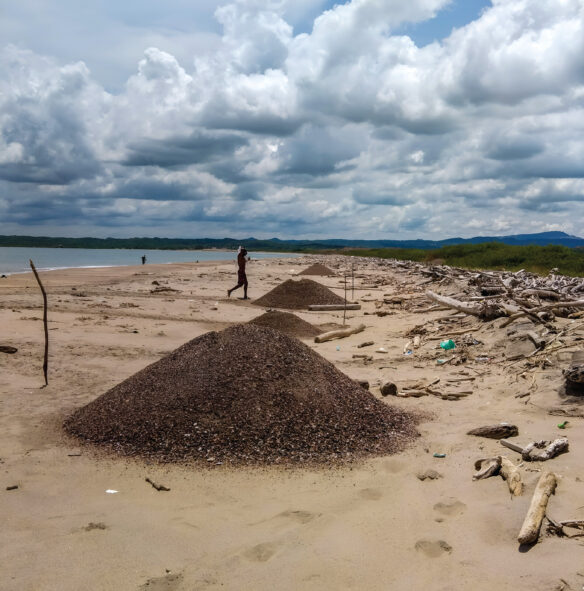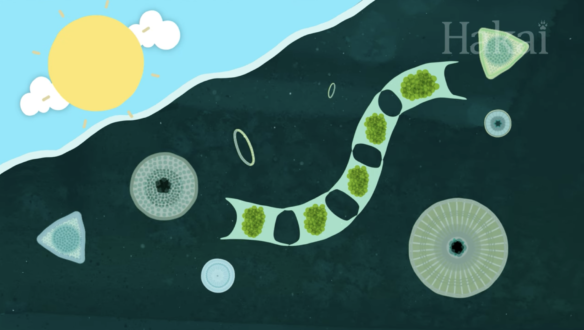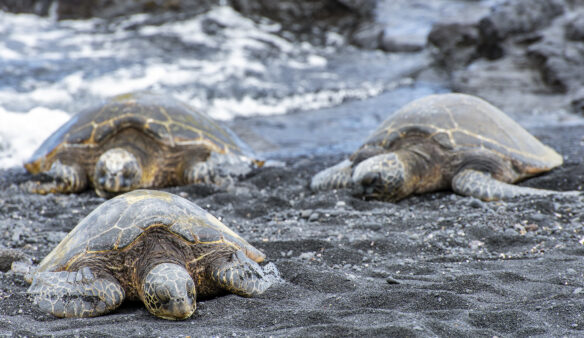Excerpt:
When China banned plastic waste imports in 2018, exporters in wealthy countries targeted other developing nations. Faced with an unending stream of unrecyclable waste, Indonesia has tightened its regulations and has begun to make progress in stemming the plastics flow.
In 2019, at a meeting in Geneva, Switzerland, delegates from 187 countries approved the first-ever global rules on cross-border shipments of plastic waste. No longer could countries export contaminated, mixed, or unrecyclable plastics without the recipient country’s informed consent. It was a landmark step aimed at reducing the flood of wealthy nations’ scrap that had been deluging poorer regions, particularly Southeast Asia, since China closed its doors to such imports the previous year.
Hopes were high that the agreement — enacted as a set of amendments to the Basel Convention, which sets rules for developed nations sending hazardous waste to less-developed ones — would help control abuses in the trade of discarded plastic, which was often ending up strewn in fields, clogging rivers, or burned in open heaps. In the two and a half years since the amendments came into force in 2021, though, the reality has largely failed to live up to that ambition.
But some countries on the receiving end of the developed world’s waste exports are acting on their own. Indonesia, like its neighbors Thailand and Malaysia, was hit by a tidal wave of foreign trash after China — long the top destination for rich nations’ discarded plastic — stopped accepting it, and exporters in North America, Europe, Australia, Japan, and South Korea scrambled to dispose of mountains of waste that quickly accumulated.
Pressured by outrage at home and abroad over images of that plastic piled in villages and swirling through waterways, Indonesia cracked down on dirty, unsorted imports, tightening its regulations and stepping up enforcement. But its experience offers a mixed picture of halting progress and continued challenges, vividly illustrating the complexities of trying to stem a global tide of plastic waste that grows larger every year.
The plastic that has long been shipped around the world is ostensibly intended for recycling. To be sure, some of that material is ultimately converted into new goods. But it became apparent after China’s closure that much of what was being stuffed into shipping containers in the United States, Europe, and the rest of the developed world was badly contaminated with trash, such as used diapers, or contained high percentages of unrecyclable types of plastic.
Today, Indonesia allows only well-sorted scrap imports and bars batches whose impurities — any material other than the main one being shipped — exceed 2 percent of the total volume. Every container headed its way must be inspected before shipping. Exporters have to register with the Indonesian embassy in their country, an effort to introduce transparency into a trade rife with fly-by-night operators whose frequent name changes have long made it hard to know who was responsible for contaminated shipments, said Yuyun Ismawati, co-founder of the Nexus3 Foundation, a Jakarta-based research and advocacy group.
Environmentalists and experts agree that this toughened stance has succeeded in significantly reducing the volume of tainted waste arriving in Indonesia. Many fields covered with foreign plastic a few years ago are significantly less tainted now. While the change is hard to quantify — and at some dumpsites, imported plastic has simply been replaced by domestic trash — activists who monitor such sites say the improvement is undeniable.
Indonesian industries want easy-to-recycle plastics — particularly PET, or polyethylene terephthalate, commonly used in beverage bottles. Such material isn’t waste, said Novrizal Tahar, director of solid waste management at the Ministry of Environment and Forestry. “This is raw material.” Manufacturers — making new bottles, or consumer goods such as buckets and crates — rely on imports because Indonesia’s lack of formal trash-sorting systems means domestic supplies are inadequate, said Arisman, executive director of the Center for Southeast Asian Studies in Jakarta, who like many Indonesians has only one name.
But recycling plastics, even those easiest to process, is problematic: it can concentrate dangerous chemicals such as benzene and brominated dioxins at higher levels, and the resulting material is typically of lower quality than the original. Recycling also releases microplastics into the air and water, and in poor countries unable to strictly enforce labor and environmental protections, it can expose workers to hazardous toxins. Outsourcing those risks to nations like Indonesia, in Ismawati’s view, “is a new type of colonialism..”

